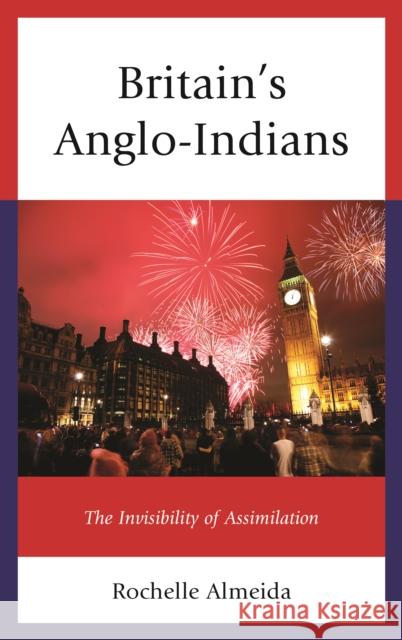Britain's Anglo-Indians: The Invisibility of Assimilation » książka
Britain's Anglo-Indians: The Invisibility of Assimilation
ISBN-13: 9781498545884 / Angielski / Twarda / 2017 / 240 str.
Anglo-Indians form the human legacy created and left behind on the Indian sub-continent by European imperialism. When Independence was achieved from the British Raj in 1947, an exodus numbering an estimated 50,000 emigrated to Great Britain between 1948-62, under the terms of the British Nationality Act of 1948. But sixty odd years after their resettlement in Britain, the -First Wave- Anglo-Indian immigrant community continues to remain obscure among India's global diaspora. This book examines and critiques the convoluted routes of adaptation and assimilation employed by immigrant Anglo-Indians in the process of finding their niche within the context of globalization in contemporary multi-cultural Britain. As they progressed from immigrants to settlers, they underwent a cultural metamorphosis. The homogenizing labyrinth of ethnic cultures through which they negotiated their way--Indian, Anglo-Indian, then Anglo-Saxon--effaced difference but created yet another hybrid identity: British Anglo-Indianness. Through meticulous ethnographic field research conducted amidst the community in Britain over a decade, Rochelle Almeida provides evidence that immigrant Anglo-Indians remain on the cultural periphery despite more than half a century. Indeed, it might be argued that they have attained virtual invisibility--in having created an altogether interesting new amalgamated sub-culture in the UK, this Christian minority has ceased to be counted: both, among South Asia's diaspora and within mainstream Britain. Through a critical scrutiny of multi-ethnic Anglophone literature and cinema, the modes and methods they employed in seeking integration and the reasons for their near-invisibility in Britain as an immigrant South Asian community are closely examined in this much-needed volume.











